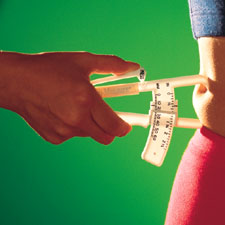Low Fat Diet

Not all fats are bad. Saturated fats found in animal proteins and dairy products are converted to cholesterol and increase the risk of heart disease. Whole milk, cream, butter, shortening, fatty red meats, cheese and processed meats are all culprits associated with raising cholesterol levels. Polyunsaturated fats such as corn oil, sunflower oil and other vegetable oils should be used in moderation as they lower bad cholesterol, but they also lower good cholesterol. Maybe the best source of fats is monounsaturated fats including olive oil, avocados, nuts and seeds. Although these foods are high in calories, they have disease-fighting properties.
There are also the essential fatty acids – Omega 3 and Omega 6 – that are vital to the cardiovascular, reproductive, immune, and nervous systems. Essential fatty acids manufacture and repair cell membranes. This enables the cells to obtain proper nutrition and dispose of harmful waste products. Omega 3 and Omega 6 fatty acids are not produced by the body and can only be obtained through foods such as salmon, flaxseed oil, kale, spinach, sardines, soybean oil and olive oil
When following a low-fat diet, limit your intake of oils and fats. Increase fruits, vegetables, fish, rice, pasta, cereal, nuts and seeds. Watch portions to prevent overindulging. Trim fat off chicken and beef. Cut out mayonnaise, salad dressings, whole dairy products and butter. Rather use small amounts of olive oil, reduced-fat dairy and other heart-smart options. Instead of frying foods, try baking, roasting or grilling.
It’s important to note that despite the popularity of the low-fat diet over the last two decades, one in three Americans continues to suffer from obesity. Having been taught that all fat is not good, people have moved to low-fat and fat-free products for relief. Yet, these products are often high in calories and loaded with sugar which can actually contribute to weight gain when consumed with an eat-all-you-want mentality.
